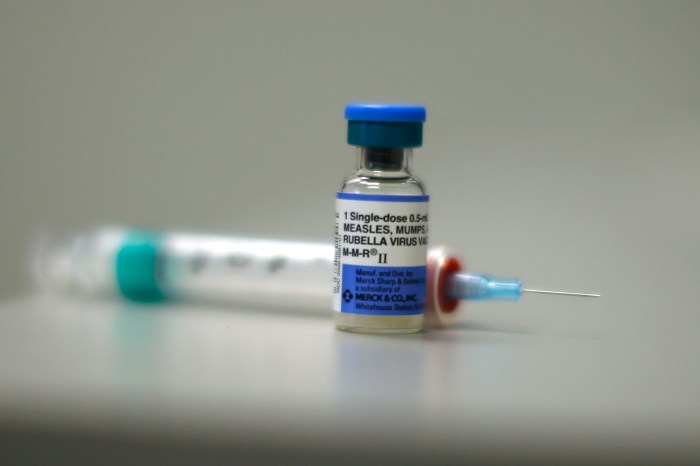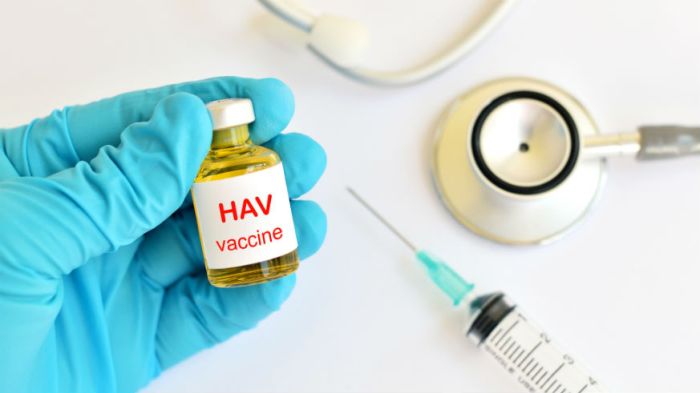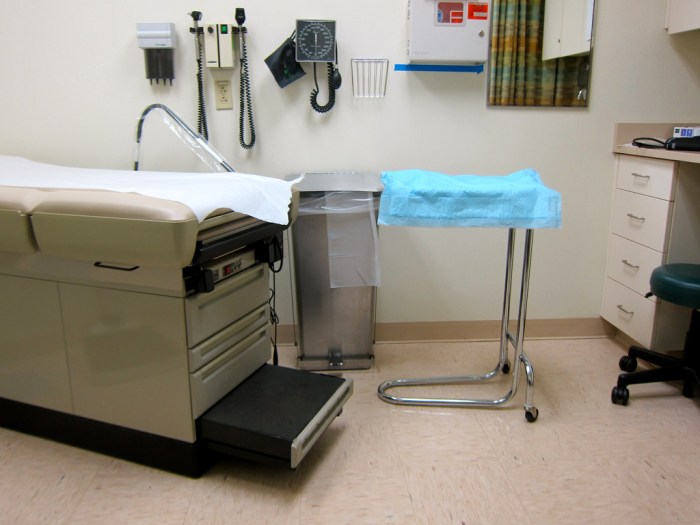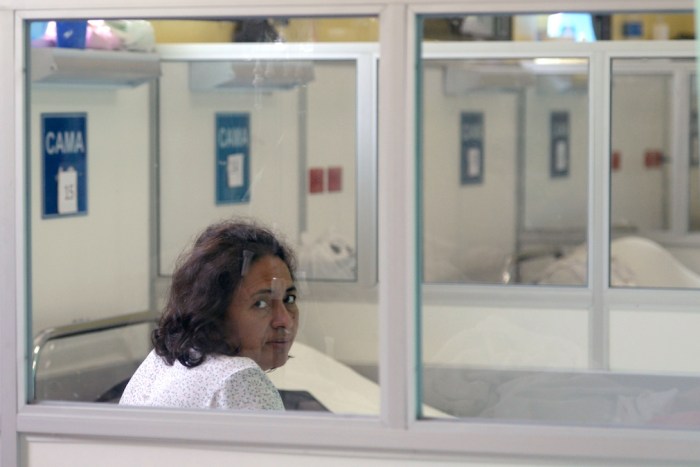Even if you are completely on board with getting your child vaccinated, chances are you still have questions. We talk to the best of the best: Dr. Paul Offit, Director of the Vaccine Education Center at the Children’s Hospital of Philadelphia, Professor of Pediatrics at the University of Pennsylvania and author of six books addressing the topic. Related: 5 tips for flying with infants and kids How important is it to stick to the recommended timetable for infant immunization issued by the Centers for Disease Control and Prevention? Parents are asked to get their child vaccinated for 14 different diseases during the first few years of life, which can mean as many as 26 inoculations during that time. It really is a burdensome schedule and I think it’s understandable people push back. We should be skeptical about anything we put in our bodies. But the reason for the schedule is because the vaccines have been tested that way. It’s a well-tested schedule. To make up your own schedule is to wander into a world where you don’t know if the [results] will work the same. Related: What we can learn from retro parenting Are all the vaccines equally important?
There’s still measles and mumps in the U.S. But what about something like polio that we haven’t had in the U.S. since the 1970s? Why do [infants] need to get vaccinated for polio? People with polio virus are still coming from other countries into the U.S. and only one out of 200 people with polio actually has symptoms. Most people asymptomatically shed the virus. Another reason is because you might travel to a country where polio is still occurring later in life. Have you seen any diseases come back because of the anti-vaccination movement?
Yes! We eliminated measles from the U.S. in 2000. But in 2014, we had about 680 cases of measles. Last year, there were about 190 cases. If we continue this trend, more could come back, such as rubella, a virus similar to Zika. Related: New app can translate your baby’s cry What do you tell parents who are skeptical about vaccinating their kids?
People assume if you do nothing, that it is a risk-free choice. It’s not. In the case of not vaccinating, it’s a choice to take a different and more serious risk. It’s OK to be skeptical, but if there is data answering your concerns, you should believe it. … I work at a place where not a year goes by where we don’t see a child die from a vaccine-preventable disease, invariably because the parents choose not to vaccinate. It’s burdensome to get all the shots, but if you want to understand why it’s important just spend some time with parent advocacy groups. They all tell the same story: “I can’t believe this happened to me.” Follow Emily on Twitter: @EmLaurence
Answers to all your infant vaccination questions

iStock




















